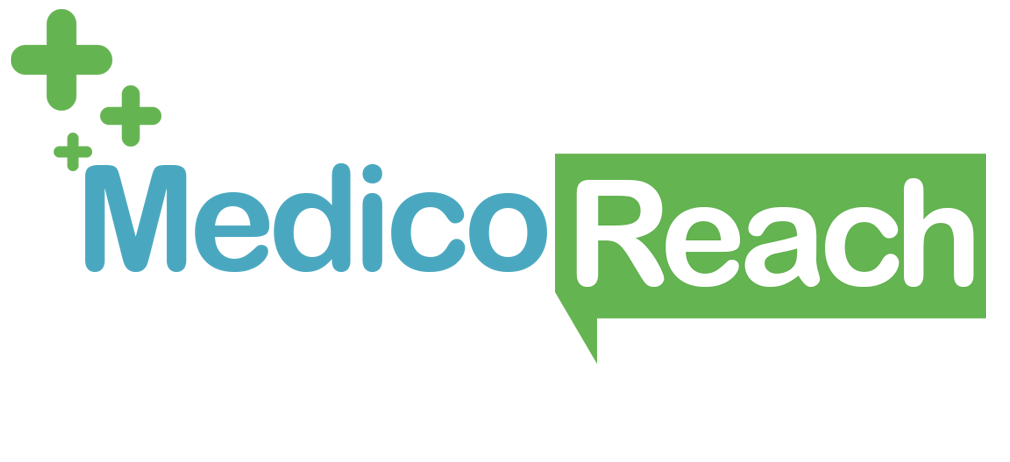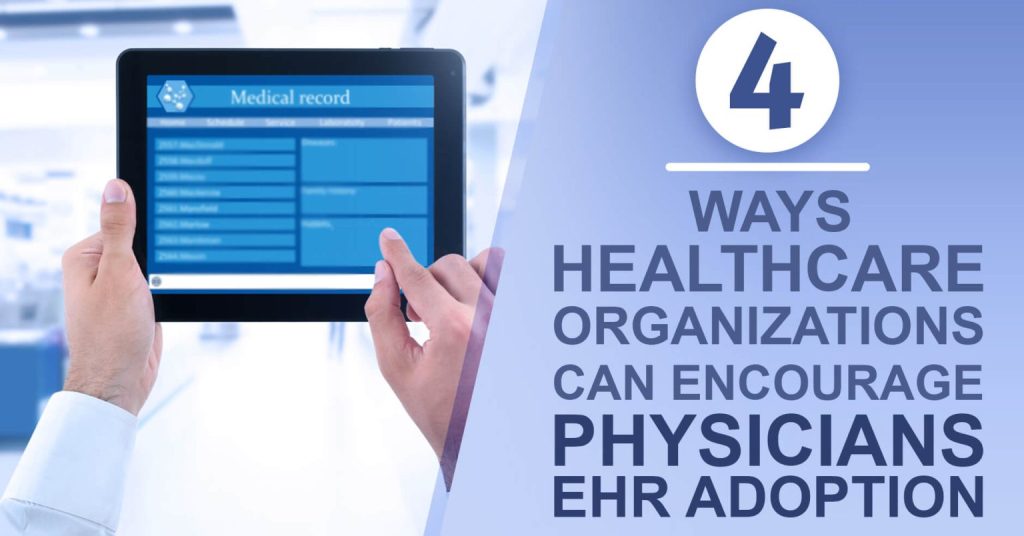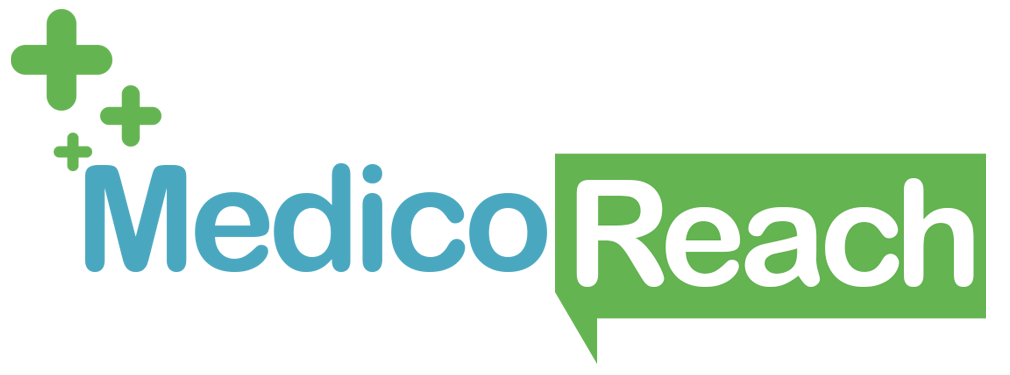Healthcare sector is no more a left out zone for technological innovations. In fact, significant scientific and technical advances are taking place in the medical field to improve quality of patient care. As a result, increasing number of healthcare organizations are accepting new tools to boost their productivity without having to spend much. However, the eagerness of health systems to stay economic is overburdening physicians who are compelled to adapt to changing technology and documentation demands.
Financial constraints together with compliance regulations compel health systems owners to respond to the ongoing demands of the healthcare environment. And in doing so, they often ignore the plight of the physicians who struggle to cope with the latest trends due to lack of time and resource. This has been the reason why electronic health record (EHR) adoption has not gained momentum among physicians in the US. Unable to align with the technical uprising, many physicians are taking a back step with regards to implementation of EHR into their clinical practice.
Already the shortage of physicians in the US is evident. If the situation continues to be the same, then the healthcare industry is likely to fall short of practitioners. Hence, organizations need to rethink their present strategy and start following these four recommendations that can make a difference.
Let the Provider Customize the EHR Functionalities
Healthcare providers use EHR to record real-time patient data for use in future digitally. Hence, the electronic record-keeping system consists of specific customizable functionalities that offer them the ease of use. If these features get thumbs up from the user itself, then later they won’t hesitate to use them. In other words, when adding the custom tools into the system, the limitations and comfort level of each user group should be kept in mind. For instance, before putting any finance-related feature into the EHR, one should get approval from the billing department. Similarly, a physician should have a say when it comes to building clinical features as they are the ones who will use them later.
Furthermore, if the EHR system offers tools that help physicians customize the template, order sets, and other functions, the task of documentation will become easier. Hence, this will encourage them to embrace electronic storage of patient data.
Provide EHR Training to Physicians
Why physicians hesitate to use EHR? What is the reason of their hesitance in adapting to the new trend?
The answer is simple. The lack of computer skills, the absence of technical knowledge and bad after sales technical support are some of the reasons. Technology advances the way healthcare providers operate and deliver services. However, in doing so, many forget to provide proper training to the user of that technology. Understanding the current landscape of EHR adoption can help tailor training programs to address common challenges and leverage existing trends. Same is the scenario with physicians. Though the healthcare administration is encouraging them to use EHR, there is nothing concrete when it comes to training them.
Hence, it becomes a priority to first train the physician to build their confidence in using technology. Not all physicians are tech savvy. The healthcare organizations must understand that and provide expert assistance, arrange workshops, and develop e-learning material to educate doctors. Also, there should be post-sales one-to-one support only for physicians from where they can get immediate advice and solution for technical hassles.
Let them know that appropriate help is available throughout. It will leave a positive impact and encourage doctors to take an interest in technological aspects too.
Make Sure EHR Fits into Clinical Workflows
Physicians are the busiest lot in the healthcare industry. Hence, anything that causes delay, they try to avoid. While designing EHR systems, IT team should pay particular attention to adding features that will fit into clinical operations. It should not disrupt the workflow. The moment physicians find it difficult to operate, they will refrain from using EHR further.
Moreover, physicians do not want to spend extra work time to access a vast amount of data that EHR stores. They want all the information in real-time and should be readily accessible for use in day-to-day activities. Hence, use of technologies such as machine learning into the EHR functioning can help the digital patient data-keeping system align with the clinical workflow.
Know What Physicians Want in the EHR System
Physicians hardly speak about technology and the problems they face in implementing it. They prefer to remain silent rather than going loud about their concerns. Even the IT people are not aware of physicians distrust and frustrations associated with EHR usage. The scenario is likely to get worse and would not yield positive results if not addressed with proper solutions. Moreover, it is the responsibility of the healthcare executives in charge of technical implementations to note the difficulties their providers are facing. Technology implementation and adoption should be an ongoing process where there is always scope for improvement to suit the needs of the user.
Hence, healthcare organizations must take initiatives to know what the end-users of the EHR wants in the system that can make their job easier. Organizations must continuously monitor and evaluate physicians EHR adoption and usage pattern to know their evolving requirements. By offering the right resource, timely support, and platform for improvements to deal with technical issues, physicians can be motivated to integrate technological advances into their practice.











